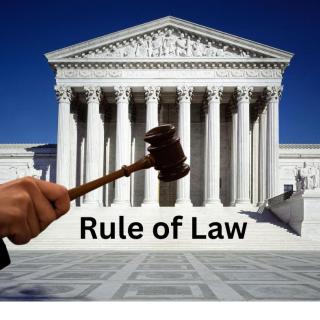Once again, a voter ID bill briefly reared its head again in the Ohio legislature. Ohio House Bill 41 in its original form sought to alter Ohio early voting requirements. State Representative Bernadine Kent (D-25) asked me to analyze the bill and offer testimony on its hearing in the Government Accountability and Oversight Committee.
Here’s my brief analysis. The bill continues a bizarre and undemocratic practice introduced in 2004 by our infamous Secretary of State J. Kenneth Blackwell. That is, if voters are at the correct polling place but is directed to vote in the wrong precinct -- their vote will not be counted. The bill reads in a key section: “If an individual cast a provisional ballot in a precinct in which the individual is not registered and eligible to vote and in the incorrect polling location for the precinct in which the individual is registered and eligible to vote the provisional ballot shall not be opened and the ballot shall not be counted.”
Here’s the obvious question to ask: Who gave the voter the wrong provisional ballot? Voters do not come to the polls with ballots. A pollworker had to be involved in handing out the wrong provisional ballot for the wrong precinct. Why would you steal a U.S. citizen’s vote because of a pollworker error on a precinct level when nothing is hardly ever voted on at a precinct level, other than voting an area wet or dry in relation to alcohol sales?
The bill’s initial language required early voters to follow the same rules as Election Day voters and provide various forms of ID. Much to the Committee’s credit, they issued a substitute bill that allows early voters to continue to provide the last four digits of their Social Security number as identification for voting.
I argued that we should be moving in the other direction. Since the last four digits of a voter’s Social Security number is a unique identifier and so is the required signature, these two would be virtually impossible to fake. Most of us have stories of friends with fake IDs, but how does anyone have the talent to forge an unseen signature?
Another thing missing from the bill, but quite common in Europe and other democracies is automatic universal voter registration. As I testified to the Committee: “If the State of Ohio wishes to promote democratic values, this Bill should require Ohio state officials to register all the eligible voters in the state.” The language I suggested is: “The State of Ohio shall register its citizens to vote.” Why not adopt a universal opt-in system, that would allow individuals to opt-out if they want?.
Perhaps the worst problem with the bill is that Ohio legislators have not yet barred private, often partisan companies from secretly programming and maintaining the central tabulators, voting machines, pollbooks and voter databases with secret proprietary software. This violates every principle of transparency. Why violate basic principles of democracy?




